Overview

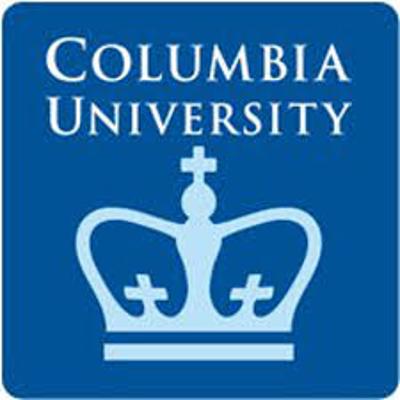
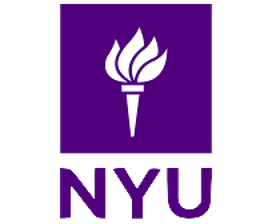
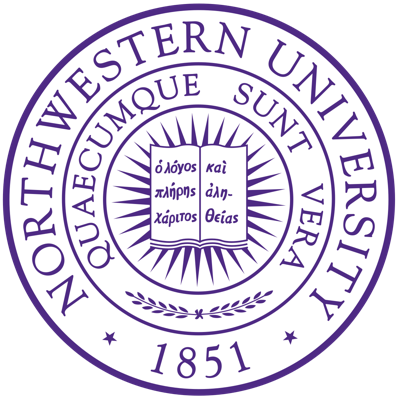
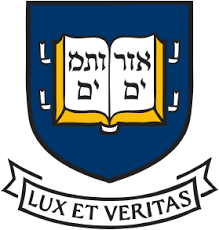
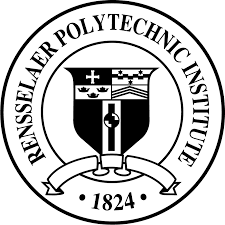

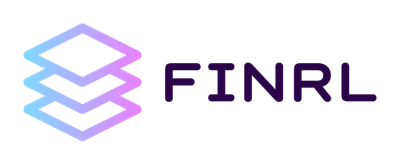
Thank You to Our Sponsors


Annoucements
We extend the solution submission deadline to Nov 14th!
Financial reinforcement learning (FinRL), as an interdisciplinary field of finance and reinforcement learning, has been recognized as a promising approach to financial tasks. Over the past decade, deep reinforcement learning (DRL) has achieved remarkable success in solving complex problems across a variety of domains, including robotics, gaming, and large language models like ChatGPT and GPT-4. The success of DRL has also led to its application in finance, where it has demonstrated great potential for enhancing the performance of financial tasks, such as portfolio management, option pricing, and algorithmic trading.
The FinRL contest is a competition that explores and evaluates the capability of machine learning methods in finance. However, developing machine learning algorithms for financial data presents unique challenges:
- Dynamic Transitions and Data Noise: Financial datasets are constantly evolving, making it difficult to capture the underlying dynamics. Moreover, financial data is often susceptible to noise and anomalies.
- Partial Observability: No traders can access complete market-influencing information due to the gigantic, complex, and unpredictable nature of financial systems, where unforeseen events like natural disasters, policy changes, and consumer behavior shifts can have hard-to-anticipate effects.
- Other Complex Behaviors: Many other factors can cause complicated and unpredictable behaviors, such as the market’s decentralized nature and the large number of financial instruments available.
The FinRL Contest presents two tasks, data-centric stock trading and real time order execution, aiming to foster innovations toward addressing the above challenges. We welcome students, researchers, and engineers who are passionate about finance and machine learning. And we encourage the development of tailored data processing strategies, novel features, and innovative algorithms that can adapt to changing market conditions and generate superior returns for investors.
Data
We have more than 30 market data sources to deal with different financial tasks. We hold the data APIs and sample market environments in an open-source repository, FinRL-Meta, as shown in Figure 1. Contestants are welcome to explore and use in the FinRL Contest.
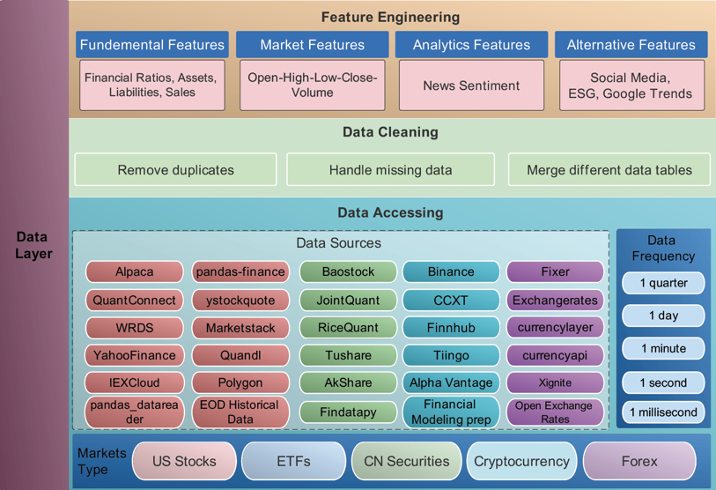
Figure 1: Market data sources of FinRL-Meta
Environment
With a deep reinforcement learning approach, market datasets are processed into gym-style market environments. Table 1 lists the state spaces, action spaces, and reward functions of different FinRL applications. A state shows how an agent perceives a market situation. Facing a state, the agent can take an action from the action set, which may vary according to the financial tasks. Reward is an incentive mechanism for an agent to learn a better policy. Contestants will specify the state space, action space, and reward functions in the environment for Task I Data-Centric Stock Trading.
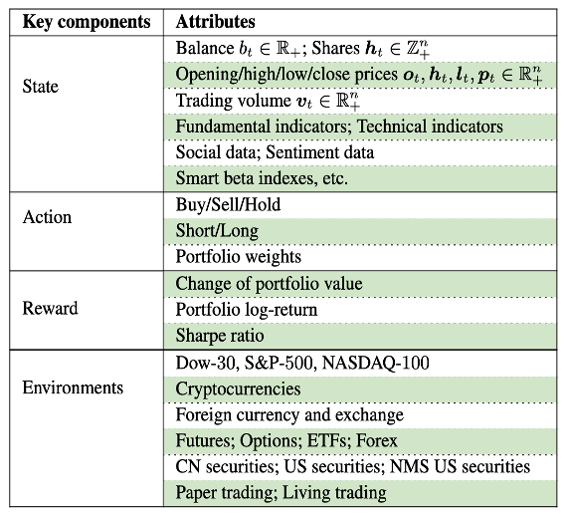
Table 1: List of state space, action space, and reward function
Timeline
- Team Registration Begin: October 26th, 2023
- Submission Open: October 30th, 2023
- Solution Submission Deadline:
November 12th, 2023November 14th, 2023 - Report Submission Deadline: November 20th, 2023
- Winner Notification: November 25th, 2023
- Winner Announcement: November 27th ~ 29th, 2023
(All deadlines are at 11:59pm EST on the specified date.)
Winners will be invited to attend the ACM ICAIF 2023 conference and have the opportunity to present their work at the conference.
Task
Each team can choose to participate in one or both tasks. The prizes will be awarded for each task.
Starter Kit
The starter kit and related resources will be available at Github.
Task I: Data-Centric Stock Trading
This task emphasizes data engineering in building FinRL agents. The contestants are encouraged to devise novel data-centric strategies to clean, transform, and aggregate stock data to improve trading performance, with the model being fixed.
A dataset containing OHLCV data for stocks is provided. Contestants are free to design data processing strategies and perform feature engineering, such as constructing new indicators based on existing and/or external market data. Then the contestants are required to:
- Specify the state space, action space, and reward functions in the environment.
- Ensure that your data pipeline is reproducible with unseen, new data.
- Use the same model design without modification for a fair comparison. Specifically, teams are asked to use the PPO algorithm in the FinRL library with tunable hyperparameters.
Each team should also submit a 1-2 page report with the ACM sigconf template through Open Review. The title should start with “FinRL Contest Task I.”
Evaluation
Quantitative assessment is the geometric mean of the following metrics:
- Portfolio cumulative return. It measures the excess returns.
- Sharpe ratio. It takes into account both the returns of the portfolio and the level of risk.
- Max drawdown. It is the portfolio’s largest percentage drop from a peak to a trough in a certain time period, which provides a measure of downside risk.
Qualitative assessment of the report:
The assessment of the reports will be conducted by invited experts and professionals. The judges will independently rate the data and model analysis, results and discussion, robustness and generalizability, innovation and creativity, organization and readability, each accounting for 20% of the qualitative assessment.
The final ranking will be determined by the combination of 60% quantitative and 40% qualitative assessment.
Task II: Real Time Order Execution
This task focuses on building lightweight algorithmic trading systems in a fair environment.
A template will be provided for contestants, and each team needs to write their functions in this template to perform order execution. We will provide an exchange of limit order book data to interact with contestants. After the contest, we will conduct real-time trading for all teams’ submissions at the same time. We would advise you to keep your algorithms lightweight.
Each team should also submit a 1-2 page report with the ACM sigconf template through Open Review. The title should start with “FinRL Contest Task II.”
Evaluation
Quantitative assessment is pure PnL. Strategies that fail to adhere to the template will be disqualified, as well as any strategies that fail to pass linting.
Qualitative assessment of the report is the same as Task I:
The assessment of the reports will be conducted by invited experts and professionals. The judges will independently rate the data and model analysis, results and discussion, robustness and generalizability, innovation and creativity, organization and readability, each accounting for 20% of the qualitative assessment.
The final ranking will be determined by the combination of 60% quantitative and 40% qualitative assessment.
Organizers
Core Organizers
| Photo | Biography |
|---|---|
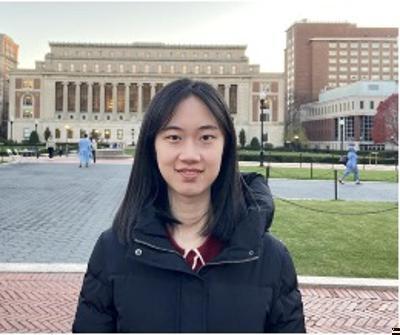 |
Keyi Wang, master’s candidate at Northwestern University, bachelor at Columbia University. Interested in machine learning and financial engineering. Core member of AI4Finance open-source community, responsible for project maintenance and promotion, including FinRL and FinRL-Meta. |
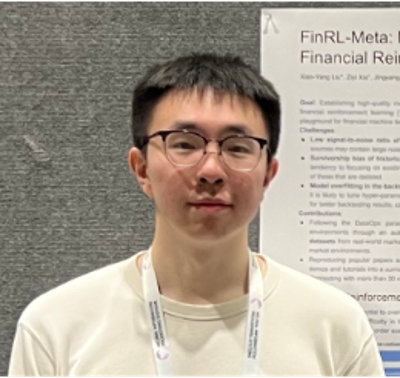 |
Ziyi Xia, master’s candidate at Columbia University. Interested in financial reinforcement learning, big data. The core maintainer of AI4Finance open-source community, including popular projects: FinRL, FinRL-Meta. |
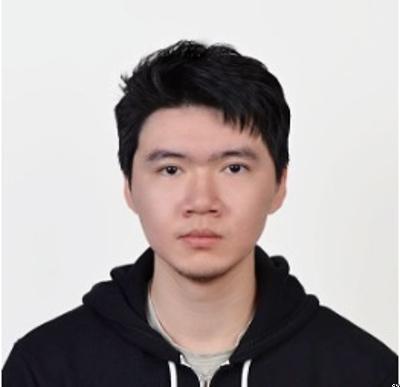 |
Kent Wu, master’s candidate at Columbia University with a keen interest in financial reinforcement learning and language modeling. He plays a pivotal role as the primary maintainer of the AI4Finance open-source community. This includes renowned projects such as FinRL and FinRL-Meta. |
 |
Ethan Havemann, Undergraduate at Northwestern University, Founder of Northwestern Fintech, and original designer of NUTC. Ethan focuses on software architecture, powerful developer tools, and hardware-up performance optimizations. |
 |
Jiale Chen, Undergraduate at Northwestern University and RL lead for Northwestern Fintech. Jiale’s interests lie in applying ML to solve complex, data driven problems. |
Platform
| Photo | Biography |
|---|---|
 |
Steve Ewald Third-year undergraduate student at Northwestern University. Incoming Software Engineer Intern at IMC Trading. Leading research on floating point attack vectors and interactions with chaos theory at the Prescience Lab. |
 |
Nikola Maruszewski An undergraduate student at Northwestern University majoring in Computer Science, and plans to complete a Masters in Computer Engineering through the BS/MS program. Currently performing research on Quantum Systems with Prof. Nikos Hardavellas in the PARAG@N Lab. Other interests lie in computer hardware, embedded systems, compilers, and operating systems. |
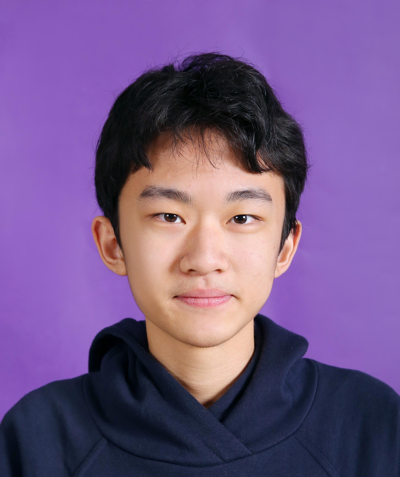 |
Andrew Li Second-year undergraduate student at Northwestern University doing BA/MS in Computer Science. Incoming intern at Capital One. Interested in developing high performance, impactful software and building infrastructure. |
 |
Gavin Wang First-year undergraduate student at Northwestern University pursuing a degres in Compuer Science and Math. Interested in system architecture, databases, and networking. |
 |
Christopher Minn Computer Engineering, Mathematics, and Computer Science student at Northwestern University. |
Advisors
| Photo | Biography |
|---|---|
 |
Xiao-Yang Liu Ph.D., Columbia University, faculty at RPI University. His research interests include deep reinforcement learning, big data, and high-performance computing. He created several open-source projects, FinRL, ElegantRL, and FinGPT. He contributed chapters to a textbook on reinforcement learning for cyber-physical systems and a textbook on tensor for data processing, respectively. He serves as PC member for NeurIPS, ICML, ICLR, AAAI, IJCAI, AISTATS, KDD, ACM ICAIF, and a Session Chair for IJCAI 2019. He organized the NeurIPS 2020/2021 First/Second Workshop on Quantum Tensor Networks in Machine Learning, IJCAI 2020 Workshop on Tensor Networks Representations in Machine Learning, and NeurIPS 2019/2020 Workshop on Machine Learning for Autonomous Driving. |
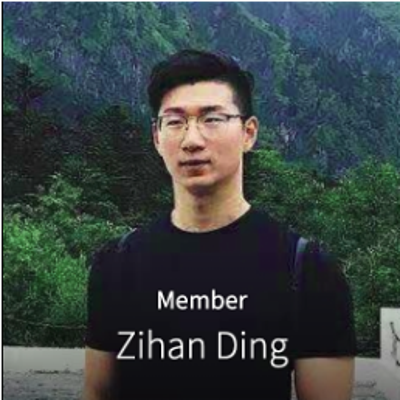 |
Zihan Ding Ph.D., Princeton University. His primary research interests are: deep reinforcement learning algorithms and applications. He serves as the reviewer of NeurIPS, ICLR, ICML, CVPR, ICCV, AAAI, AISTATS, RA-L, ICRA, IROS, CISS, AIM. He also served on the organization committee of Human in the Loop Learning (HiLL) Workshop at NeurIPS 2022. |
 |
Zhaoran Wang Assistant Professor of IEMS and CS at Northwestern University. Zhaoran’s research focuses improving and scaling deep reinforcement learning to solve complicated societal challenges. |
 |
Christina Dan Wang Assistant Professor of Finance, NYU Shanghai; Global Network Assistant Professor, NYU. Prior to joining NYU Shanghai, Wang was an Assistant Professor in the Department of Statistics at Columbia University and a Postdoctoral Researcher in the Operations Research and Financial Engineering department and at the Bendheim Center for Finance at Princeton University. |
 |
Daochen Zha Ph.D., Rice University. His research focuses on machine learning and data mining, with a focus on reinforcement learning and data-centric AI. His work has appeared at major machine learning and data mining venues, such as NeurIPS, ICML, ICLR, MLSys, KDD, WWW, SIGIR, ICDE, WSDM, AAAI, and IJCAI. His work has won the Best Demo Paper Award in CIKM 2022, and the Best Student Paper Finalists in AMIA 2022. He serves as PC members of NeurIPS, ICML, ICLR, AAAI, IJCAI, KDD, CVPR, WSDM, ECMLPKDD, LOG, and Session Chair for IJCAI 2020. He organized NewInML Workshop at NeurIPS 2022. He leads the development of several open-sourced libraries with more than 8,000 GitHub stars in total. |
 |
Jiechao Gao Ph.D., University of Virginia. His research interests include machine learning, reinforcement learning, federated learning algorithms and applications in distributed networks, cyber-physical systems, cloud computing, and financial environments. He serves as a PC member and reviewer for NeurIPS, KDD, AAAI, SDM, INFOCOM, Mobicom, IEEE TNNLS, IEEE IoT Journal, etc. |
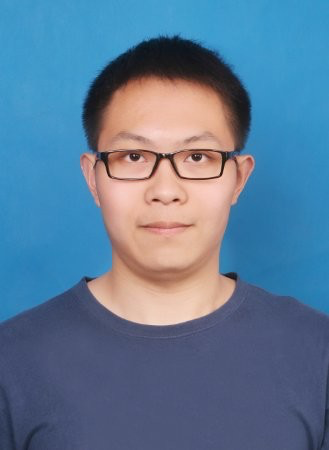 |
Chuheng Zhang Researcher in Microsoft Research Asia. His research interests include 1) reinforcement learning and its applications including quantitative investment, inventory management, crowdsourcing, and advertising; 2) foundation models for decision making. He serves as the reviewer of ACL, ICML, NeurIPS, etc. |
 |
Bo Wu is currently a researcher with MIT-IBM Watson AI Lab in MA, USA. Before that, he was a research scientist at Columbia University. He received the Ph.D. degree in computer science from the Chinese Academy of Sciences (ICT, CAS), Beijing, China. His current research interests are deep learning, multimodal learning, computer vision, and natural language learning. He serves as the Area Chair or Senior TPC member for AAAI, IJCAI, ACM MM, and a TPC member of the NeurIPS, AAAI, IJCAI, ACM MM, CVPR, ACL, ICML, etc. He organized the SMP Challenge on ACM MM. He received the IBM Level-A Accomplishment Award, ACL 2020 Best Demo Paper Award, ICIP Prediction Challenge 2020 (Top1), NIST TAC SM-KBP 2019 (Top1), etc. |
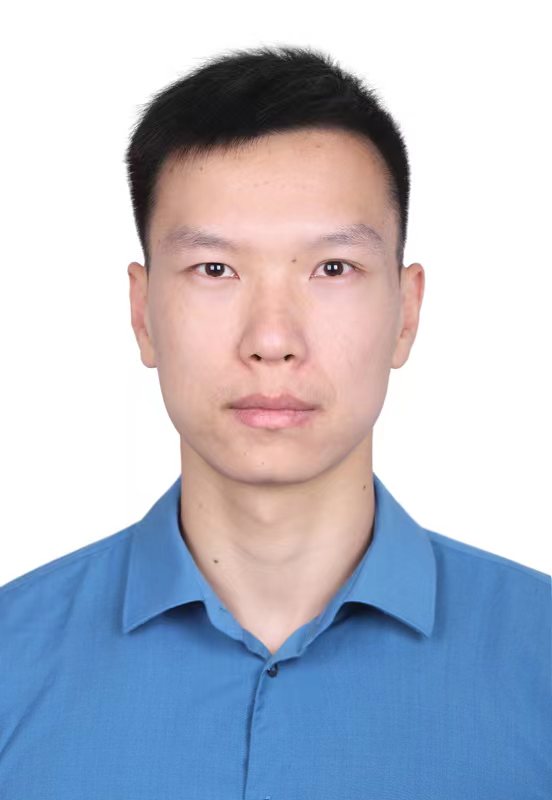 |
Zhuoran Yang is an Assistant Professor of Statistics and Data Science at Yale University. His research interests span the intersection of machine learning, statistics, game theory, and optimization. In particular, he mainly works on the foundations of reinforcement learning, representation learning, and deep learning. Before coming to Yale, he worked as a postdoctoral researcher at the University of California, Berkeley, under the supervision of Michael. I. Jordan. Prior to that, he obtained his Ph.D. from the Department of Operations Research and Financial Engineering at Princeton University, where he was co-advised by Jianqing Fan and Han Liu. He completed his bachelor’s degree in Mathematics at Tsinghua University in 2015. |
 |
Jian Guo is currently the Executive President and a Chief Scientist at International Digital Economy Academy (IDEA). As a founding member of IDEA, he also serves as the head of IDEA Research Center of AI Finance & Deep Learning and a Professor of Practice at the Hong Kong University of Science and Technology (Guangzhou). Dr. Guo received his B.S. in mathematics from Tsinghua University, and received his Ph.D. in statistics from University of Michigan in 2011. He started his professorship (tenure-track) at Harvard University since 2011. He published a number of research papers in deep/reinforcement/statistical learning, including theory and application. Dr. Guo is one of the pioneering AI finance researchers, and is an entrepreneur in quantitative investment industry. |
Contact
Contestants can communicate any questions on Discord.
Contact email: finrlcontest@gmail.com